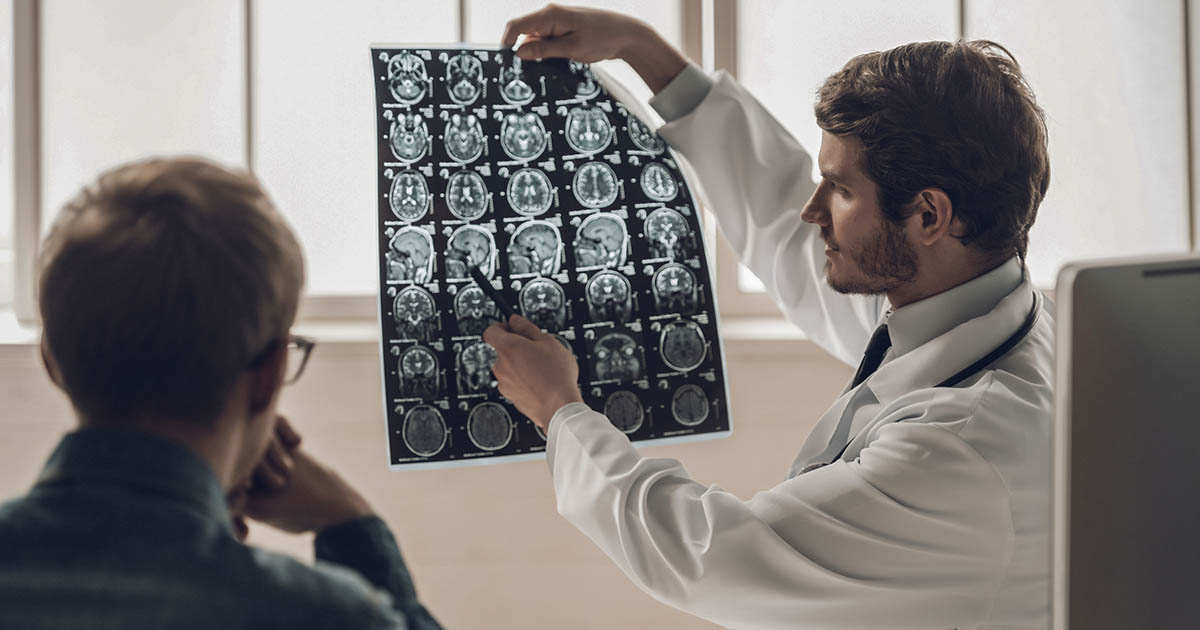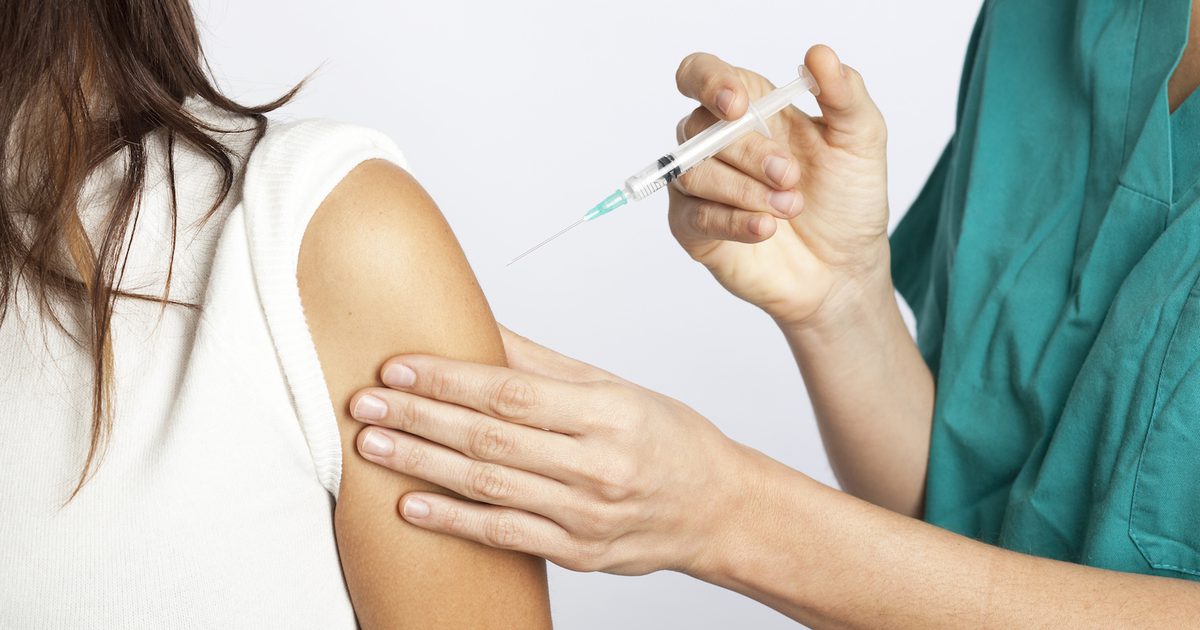What Causes Trypanophobia?
A patient comes into the doctor’s office for a routine physical. The doctor notes the need for a booster vaccine. As the nurse enters with the needle, the patient looks tense, and their heart rate and breathing increase. A few moments after the shot has been administered, the patient slumps down, unconscious. It is a classic case of trypanophobia, also known as needle phobia. This phobia is often more than a fear of needles. A portion of the population has bodies that react to a needle stick with the vasovagal reflex, a sudden rise and drop in blood pressure, leading to dizziness, disorientation, and fainting. The causes of trypanophobia are both psychological and physical in nature.
Brain Chemistry Changes

The feelings of fear and panic individuals experience are caused by the body’s natural response to stress. When the body senses a threat, adrenaline and corticosteroids are released that increase the heart rate and release stored energy, preparing for the fight or flight response. Phobias like trypanophobia can sometimes be triggered by brain chemistry changes caused by infections, medications, or other substances. The change in brain chemistry causes an inappropriate response to the needle. In this case, the brain is overreacting to a perceived threat. The patient knows a blood draw will cause a small amount of pain, but the body is responding as if the needle is far more dangerous. Although the needle will only be a temporary irritation, the brain is sending the message that it is a matter of life and death.
Previous Trauma Involving Needles

Trypanophobia is often caused by previous trauma involving needles, though the nature of this trauma varies. In some individuals, if they have had the classic reaction of a sudden change in blood pressure, the fear of needles is a fear of what is described as a creepy, disoriented feeling. They are not so much afraid of the needles as afraid of how their bodies respond to needle sticks. For others, a fear of needles stems from childhood memories of needles thicker and duller than modern needles. These types of needles were by nature much more painful, especially for children. Even though the adult may tell themselves current needles are far less painful, there is still a part of them that remembers the childhood events and responds with fear.
